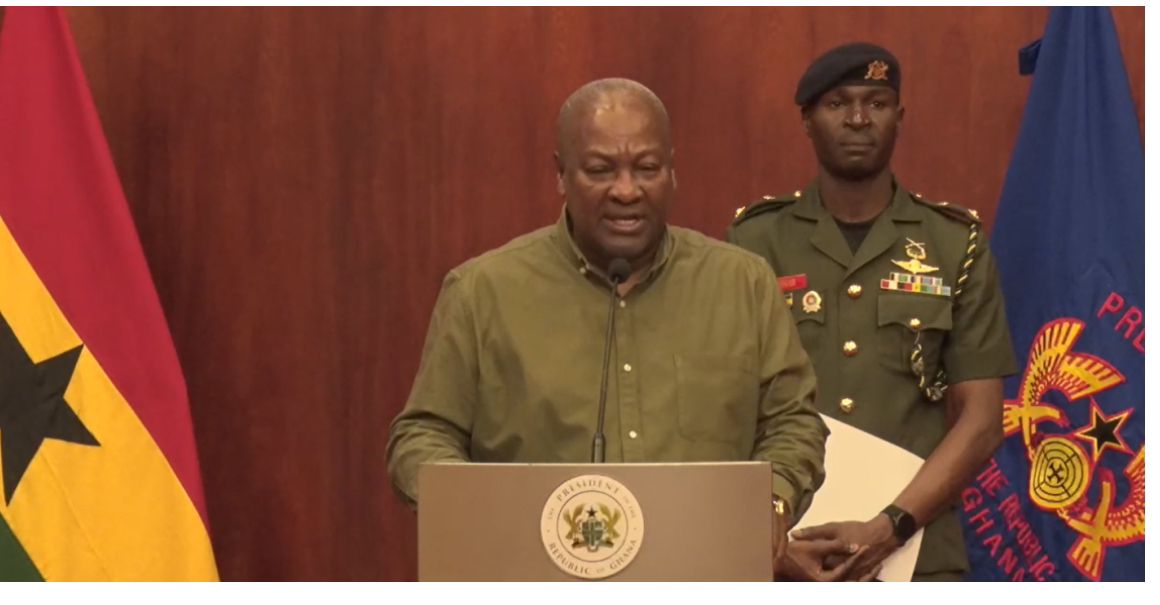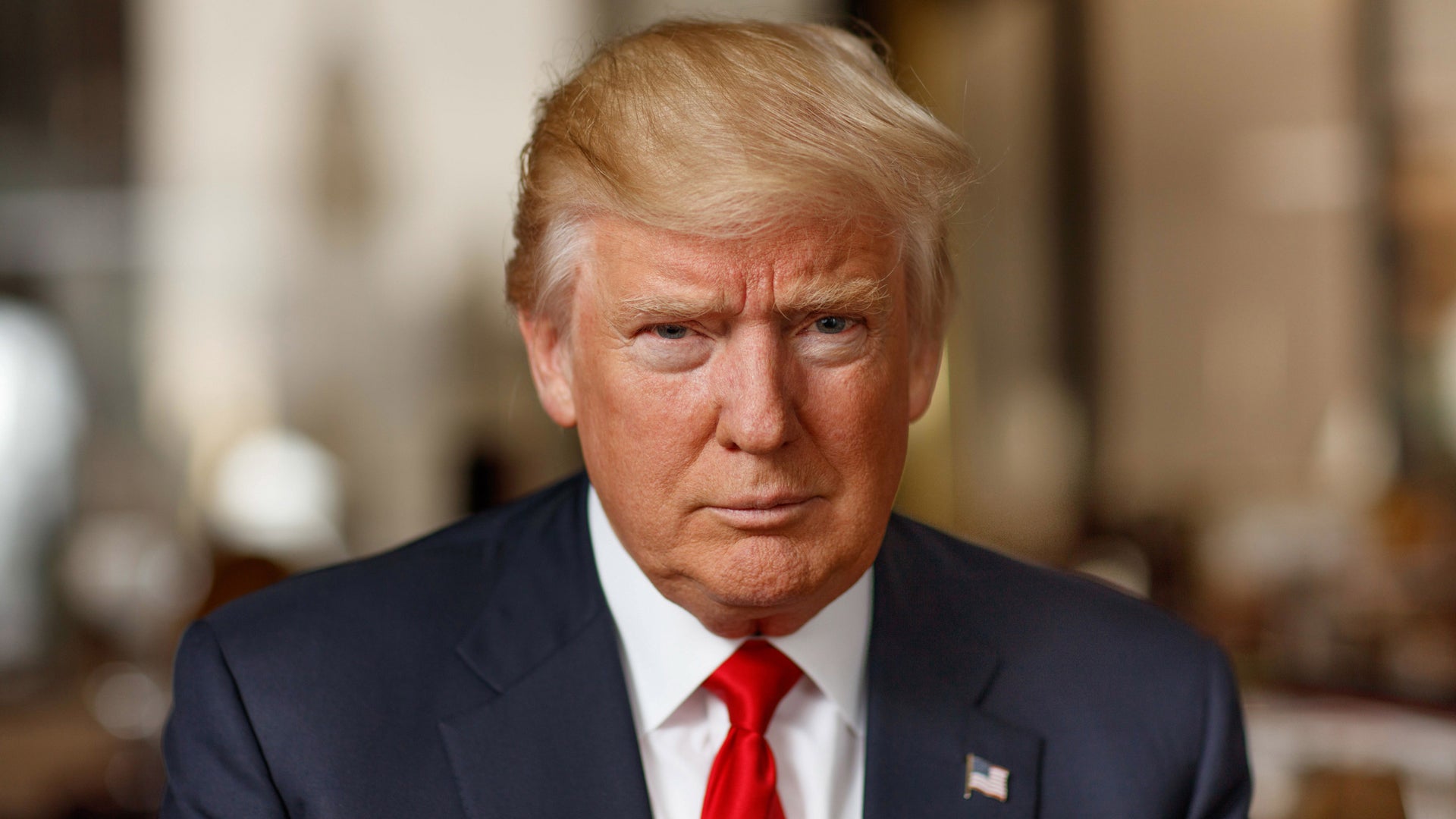The Rubber Processors Association of Ghana (RUPAG) has applauded government for the decision to restrict the export of raw rubber as captured in the 2026 budget.
The move, according to the Processors would not only end the massive foreign exchange leakage but also revive factories, and protect thousands of rural livelihoods.
Mr Perry Acheampong, the General Secretary of RUPAG told the Ghana News Agency that this bold policy intervention by government, captured in the 2026 Budget under the Feed the Industry Programme, is “historic, forward-looking and long overdue”.
For years, Ghana’s rubber sector had suffered the uncontrolled export of raw rubber, known as cuplumps.
The surged in record levels, had starved local processors of essential inputs with factories running below capacity, investments wobbled, outgrower financing schemes nearly collapsed, and the country losing millions in foreign exchange.
“This policy interventions is the turning point for the industry. It realigns the entire value chain with Ghana’s industrialization agenda and protects more than 70,000 rural livelihoods.” the Secretary added.
The spike in raw rubber exports over the past four years created a storm; weakened factory operations, job losses, and a threat to the repayment of over GHS 650 million in outgrower loans, also processors were unable to secure enough raw materials.
The Restrictions, if well implemented, would, therefore plug a major loophole and ensure that raw materials remained within the country to fuel domestic manufacturing.
The move aligned strongly with government’s broader industrial transformation agenda-especially the 24-hour economy initiative, which depended on reliable access to raw materials for continuous production cycles.
According to RUPAG, stabilizing raw material flow would ummediately restore factory utilization, boost tax revenue, and improve foreign-exchange retention.
The Association announced that RUPAG planned to partner with government on an ambitious growth programme aimed at more than doubling national raw rubber production-from the current 100,000 tons to 250,000 tons of dry rubber by 2035.
The programme RUPAG mentioned will include: Planting 10,000 hectares of new plantations annually. Providing subsidized high-yielding planting materials, enhancing technical and extension support, strengthening budwood gardens and nurseries and increasing farmer incomes through carbon credits and EUDR-compliance premiums.
The rest are: Promoting sustainable farm management practices
“This initiative will secure long-term raw material availability and firmly position Ghana as a competitive player in the global rubber market”, he added.
GNA



